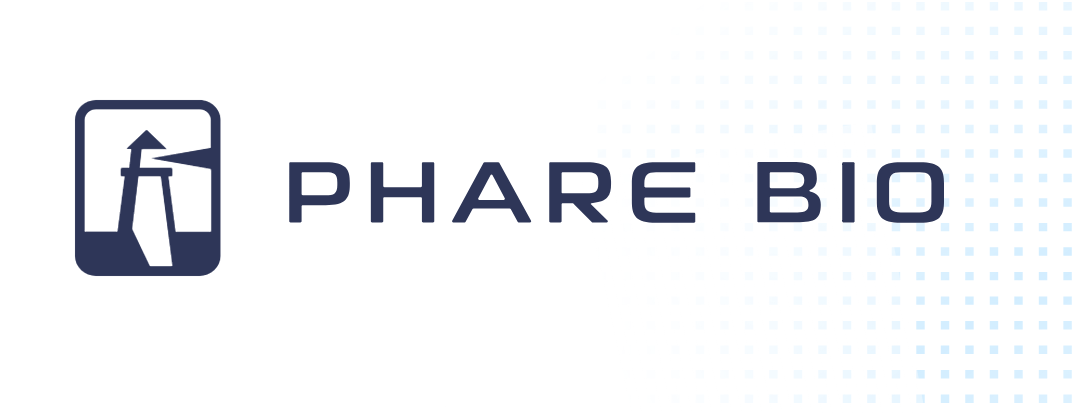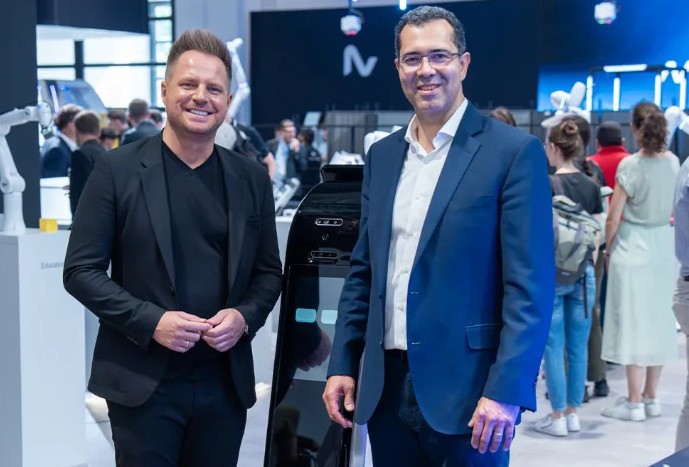Insider Brief
- Phare Bio, in collaboration with MIT’s Collins Lab and Harvard’s Wyss Institute, received up to $27M from ARPA-H to enhance its AI platform for discovering novel antibiotics, addressing the global antimicrobial resistance (AMR) crisis.
- The funding will enable Phare Bio to advance AI-based drug discovery, generate new antibiotic candidates, and share open-source datasets to accelerate global antibiotic research.
- Phare Bio’s AI platform aims to produce precise, targeted antibiotics, potentially revolutionizing the fight against drug-resistant infections and replenishing the global antibiotic pipeline.
PRESS RELEASE — Phare Bio, along with the Collins Lab at the Massachusetts Institute of Technology (MIT) and Harvard’s Wyss Institute, today announced that they have been awarded up to $27 million in funding from the Advanced Research Projects Agency for Health (ARPA-H), part of the U.S. Department of Health and Human Services, to enhance their generative artificial intelligence (AI) discovery platform and produce novel classes of antibiotics. With mounting concern around the AMR crisis, there is an urgent need for new antibiotics that have the potential to save millions of lives.
“The AMR crisis is accelerating, but with this collaboration with ARPA-H, another door is opening,” said Akhila Kosaraju, M.D., CEO and President of Phare Bio. “These funds allow Phare Bio to add unprecedented clinical precision to our generative AI discovery platform and develop the novel and specific antibiotics that patients and physicians so vitally need.”
Since its founding in 2020, Phare Bio has been using AI to discover and develop novel antibiotics in collaboration with Professor Jim Collins’ lab at MIT and Harvard’s Wyss Institute (“the Collins Lab”). Their recent advancement of generative AI-based antibiotic design marks a major breakthrough, enabling a new level of customization and precision in how antibiotics can be discovered. The award from ARPA-H represents not only a significant step forward in scaling Phare Bio’s antibiotic pipeline but also for expanding the capabilities of AI-based drug discovery more broadly.
“This funding allows us to advance this critical work a step further towards a bespoke, active-learning AI-based platform,” said Jim Collins, Ph.D., Phare Bio’s Co-Founder and Chair of its Scientific Advisory Board. “Such a tailored AI platform that can target specific clinical needs has yet to be developed across drug discovery, let alone for antibiotics.”
The ARPA-H funding will enable Phare Bio and the Collins Lab to:
- Generate millions of new training data points across key drug development parameters (e.g., toxicology, drug metabolism, formulation) to enable more clinical precision in AI-based drug discovery efforts
- Share their expertly curated datasets in the first open-source database for AI-based antibiotic discovery, galvanizing the next generation of antibiotics researchers
- Leverage their data to incorporate up to 10 new “filters” into Phare Bio’s generative AI drug discovery engine to produce novel and targeted antibiotics against specific bacterial disease indications (e.g., drug-resistant urinary tract infections, pneumonia, sepsis)
- Advance 15 novel AI-generated preclinical antibiotic candidates to help replenish the global pipeline of urgently needed antimicrobials
Dr. Kosaraju added, “Our ability to use generative AI has unlocked new drug design capabilities that were previously unimaginable in our industry. By progressing from pathogen targeting to indication targeting, we are launching the next generation of AI for antibiotics and bringing patient needs right to the forefront of drug discovery.”
About AMR
Antimicrobial resistance (AMR) is one of the greatest existential threats facing humanity. In 2019, nearly 1.3 million people died from resistant infections. By 2050, the death toll of AMR is expected to reach 10 million annually, surpassing cancer as a leading cause of death. For most of the 20th century, as resistance to specific antibiotics grew, physicians could rely on the discovery and development of new antibiotics to replace them. Now, however, challenging market conditions and limited investment have led to a decades-long discovery drought and a dwindling antibiotics pipeline.
About Phare Bio
Phare Bio is a social venture using artificial intelligence (AI) to develop novel classes of antibiotics in partnership with Jim Collins’ lab at MIT and Harvard’s Wyss Institute. Founded in 2020 to address a looming crisis in antibiotic resistance, Phare Bio is a recipient of the Audacious Project, a collaborative funding initiative between TED and other nonprofits to unlock social impact on a grand scale. Combining best-in-class machine learning, bioengineering, and pharmaceutical development, Phare advances antibiotics against high-priority pathogens through the “valley of death” — the stage in early development when most drugs fail — with donor and grant funding. The company then takes on more costly clinical development with strategic commercial partnerships and company spinouts. This model enables Phare to build a sustainable clinical path and ensure that these therapies reach the patients in greatest need. To learn more about Phare Bio, please visit www.pharebio.org or email [email protected].
Contacts
Media inquiries:
Mary Conway
+1 516–606–6545
[email protected]






